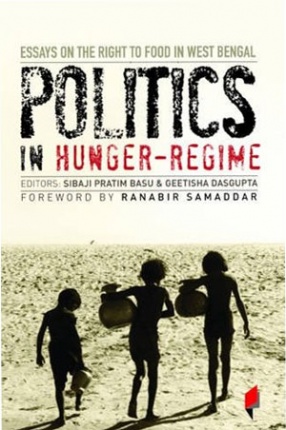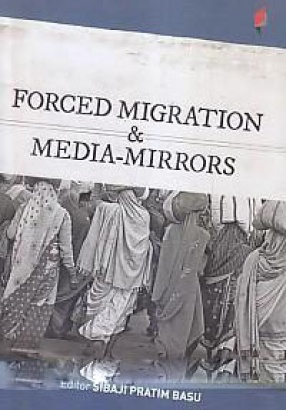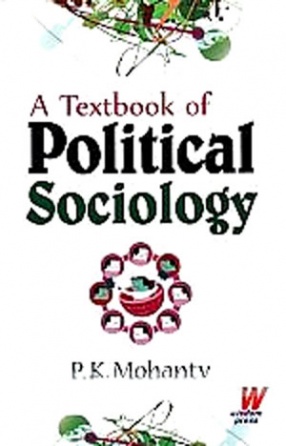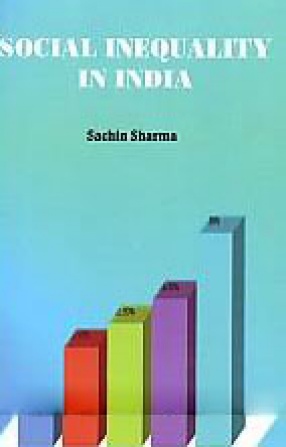In India, even after six decades of independence and planned economy employing 'pro-poor' assistance programmes, the hunger-regime has consolidated in many parts of India including the state of West Bengal.
In this book, the researchers examine the population living under the shadow of hunger with particular emphasis on the evolution of Food Movements in West Bengal along with the development of Right to Food as a case inside the court room and the ways it has shaped outside the courts through popular participation in political movements.
While making in-depth analyses of the hunger-regime, the discourse throws light on the recent outrage in the Public Distribution System (Ration-Riots) in West Bengal, and critically examines the status in south Bengal, with particular emphasis on Paschim Medinipur, a district recording starvation deaths, seized the international media attention; the research simultaneously chronicles the true narratives of sufferings and struggle of the people in the Tea Garden region of the northern parts of West Bengal.
In a unique way, the book for the first time in India makes an attempt to link the Right to Food with the Right to Information in a hunger-regime.







There are no reviews yet.